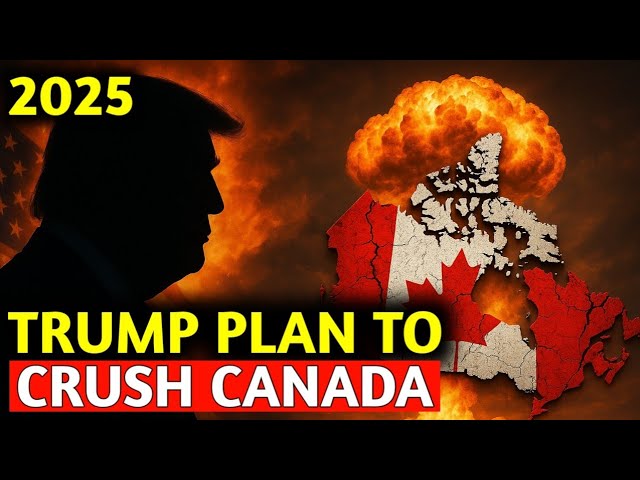
Introduction
The impact of Donald Trump on Canada remains a crucial topic of discussion in both political and economic spheres. As a neighbor and trading partner, Canada’s relationship with the United States is deeply shaped by the actions and statements of the former president. This story explores current events related to Trump and their relevance to Canadian politics, trade, and public sentiment.
Political Climate and Public Sentiment
Following the contentious events surrounding the Trump administration, Canada’s political landscape has taken into account the approach and promises made by Trump. The influence of his presidency continues to resonate in Canadian politics, particularly within conservative circles. Recent polls have suggested that a significant portion of the Canadian populace still holds opinions about Trump, some viewing him favorably for his straightforwardness and emphasis on nationalism, while others criticize his approach to immigration and international relations.
The Conservative Party of Canada has, at times, attempted to align with some of Trump’s policies. This has sparked debates within the party about the direction it should take: continue to adopt a Trump-like approach or distance itself from controversial rhetoric. Candidates in the recent leadership race have weighed in on the matter, showcasing a mix of admiration and criticism.
Trade Relations Post-Trump
Canada’s economic ties with the U.S. have faced turbulence, especially during Trump’s tenure, when he renegotiated NAFTA into the USMCA. Although the agreement has been seen as more favorable and mitigated some trade tensions, it still leaves lingering concerns about future interactions under any politically charged environments.
In the wake of the recent U.S. midterm elections, analysts suggest that the Canadian government should remain adaptable given potential shifts in U.S. leadership and policy priorities. Adjustments to trade tariffs or regulations could arise depending on future administrations and their willingness to collaborate with Canada.
Conclusion
The influence of Donald Trump on Canada, while fluctuating with U.S. political dynamics, remains significant. As political landscapes evolve, Canada prepares to navigate its relationship with a continually changing United States. The debates within Canadian political circles about embracing or rejecting aspects of Trump’s governance will likely shape future policies and electoral outcomes.
As we head into upcoming elections and policy discussions, it is essential for Canadians to remain informed about the implications of U.S. politics on their own national interests. The long-term effects of Trump’s presidency may continue to emerge, making it imperative for Canadians to engage actively with the changing political atmospheres on both sides of the border.



